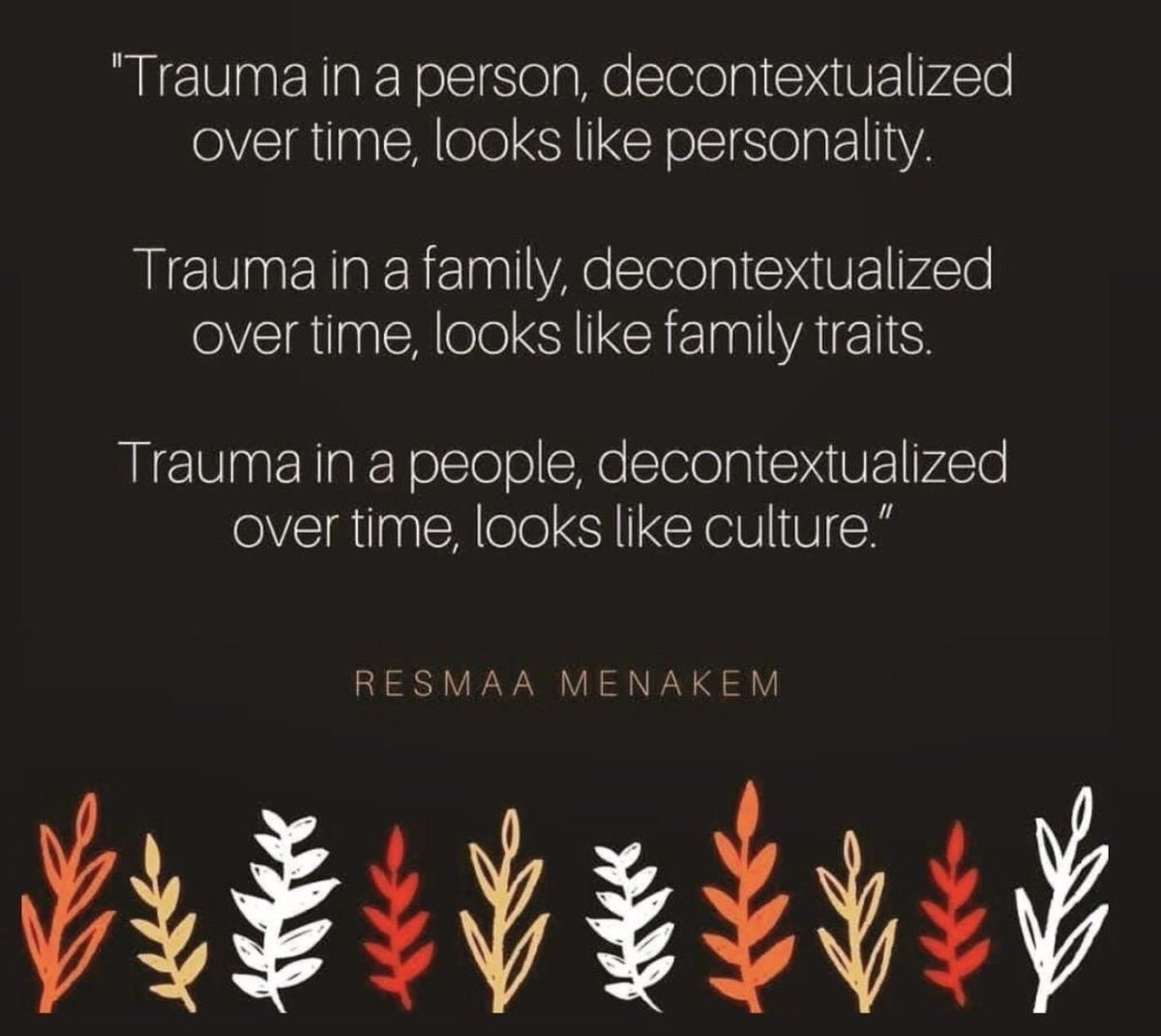Best Practices in Trauma Counselling with Neurodivergent and Disabled Individuals
Neurodivergent and disabled individuals have traumatic experiences at staggeringly high rates across settings. They then often live with ongoing symptoms of traumatic stress, for years. How do these symptoms manifest themselves? How do we include supporters and families in a manner which maintains confidentiality and trust with individuals yet help them to heal with the support of their team? How do we recognize dysregulation for what it is and stop labelling it as ‘challenging behaviour’?
This workshop is intended for counsellors, therapists and mental health professionals to add to their skill set so that they feel comfortable and empowered to provide accessible, inclusive, and effective trauma counselling for neurodivergent and disabled individuals. It is expected that participants have training and experience in providing therapy, the focus will be on disability, not basic therapeutic skills.
Learning Goals
By the end of this workshop you will be able to
differentiate some of the unique needs of neurodivergent or disabled individuals.
identify some of the indicators of neurodivergence or disability in individuals who may present without a diagnosis.
modify some typical therapeutic approaches to provide inclusive therapy for neurodivergent or disabled individuals.
Ready to go? Download the PDF with all the details.
“Thank you for your knowledge and insight at the workshop. The information I learned was invaluable and the way you delivered it was remarkable. You’re a gifted facilitator.”

